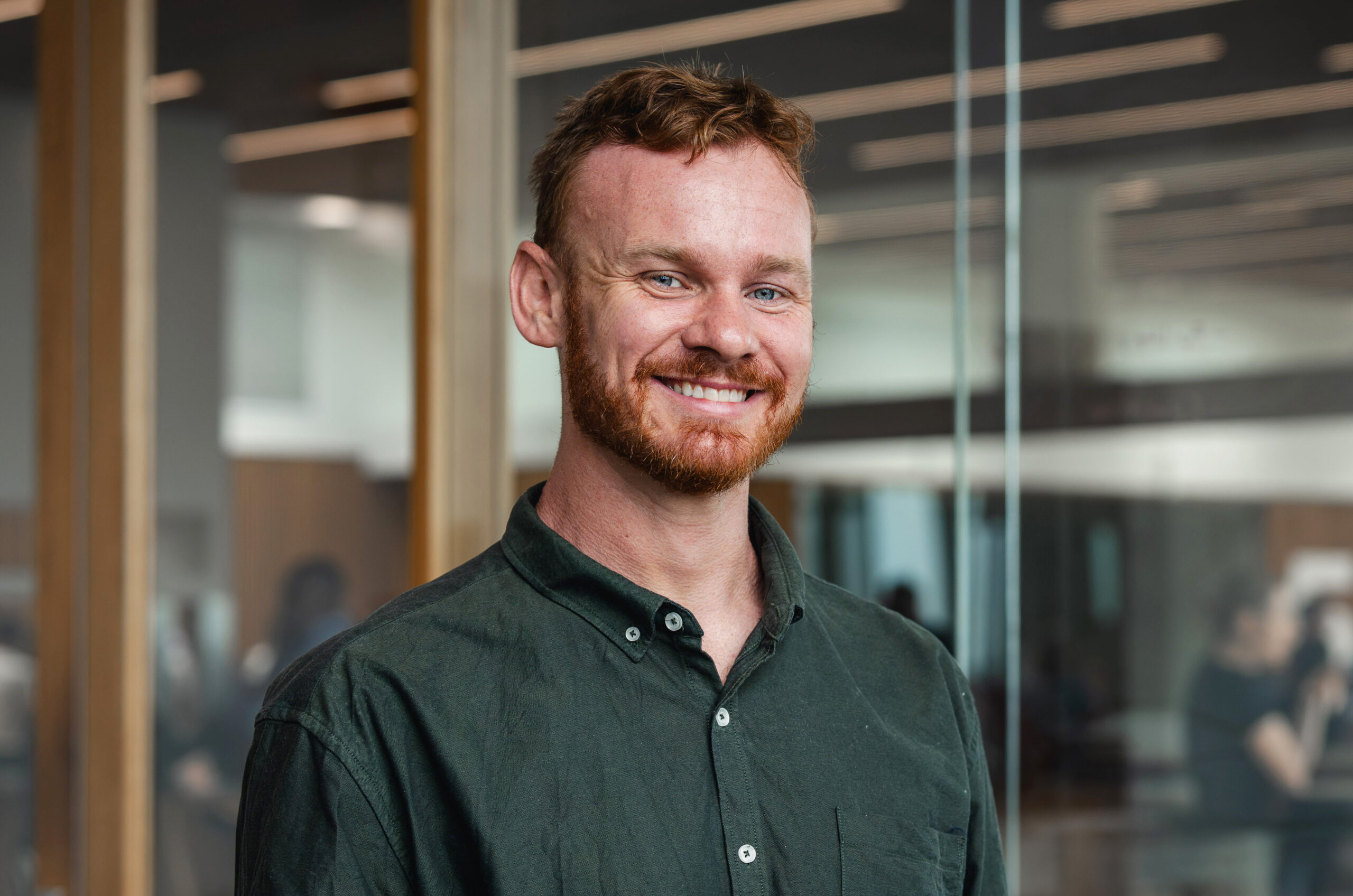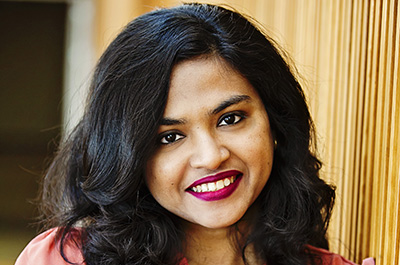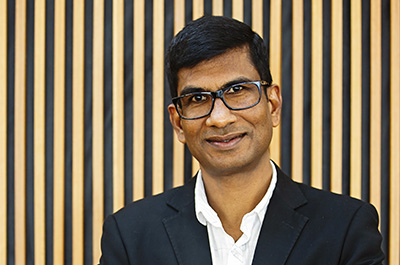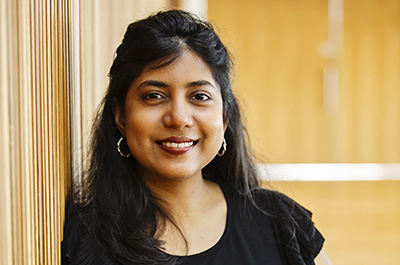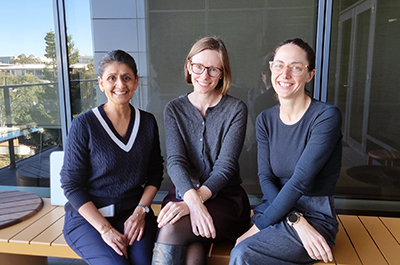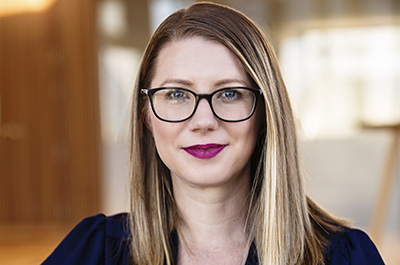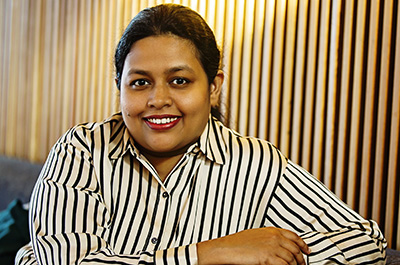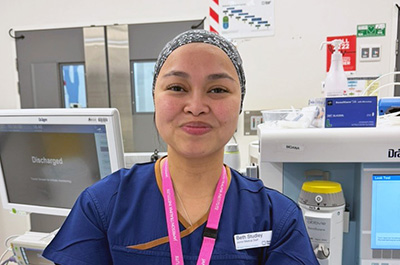From Coast to Bush: Improving mental health service access for Australia’s rural and regional youth
My PhD project aims to develop a model of care that improves mental health service access for young people in rural and regional Queensland. Building on findings from The Bridging Study, I will analyse contextual factors affecting service delivery to inform co-construction of the care model in consultation with key stakeholders.
Exploring sustainability models for Aboriginal and Torres Strait Islander research in diabetes and cardiovascular disease
In December, MTPConnect, Lowitja Institute and AusHSI co-hosted a forum bringing together health researchers, Community and partner organisations from Round 3 TTRA-funded projects, together with government, philanthropic and other funders, to support Aboriginal and Torres Strait Islander research in diabetes and cardiovascular disease.
Understanding the impact of recurring health issues on opioid use after injury
Opioids are widely prescribed for pain management, especially after injury or surgery. My study goes beyond merely describing prescribing patterns over time to investigate whether the timing and recurrence of health events are key drivers of long-term opioid use.
Advancing sustainable design and adoption of clinical decision support systems
Clinical decision support systems (CDSSs) hold enormous promise for improving healthcare delivery. Yet, when introduced into the complex realities of busy hospitals, CDSSs often struggle to deliver in practice. My research uses implementation science frameworks to identify and inform the step-by-step processes needed for lasting adoption.
A model of good research practice in clinical prediction
When it comes to health and medical research, doing the right thing is critical, especially when it impacts patient outcomes. Alexander Gibson's research focuses on identifying statistical and research practice issues in clinical prediction models to promote best practice.
Lighting the way to better oral health access in regional Queensland
Australia is globally recognised for its effective healthcare system. Yet, when it comes to dental care, the story isn’t quite as positive – especially for adults in regional and low-income communities. This imbalance raises a critical question that drives my research: How can we improve access to adult public dental services in regional Queensland by better supporting the people who provide these services?
Understanding the health and economic impact of behavioural risk factors for chronic disease
AusHSI PhD student Nirmali Sivapragasam is interested in research exploring preventive healthcare services as a way of improving population health and reducing healthcare costs. By studying how lifestyle factors affect both health and costs over time, her research helps ensure that health interventions are evaluated fairly and accurately.
Researcher spotlight: Q&A with Angela Melder, Kate Young and Angela Byrnes
Recently joining AusHSI, Research Fellows Dr Angela Melder, Dr Kate Young and Dr Angela Byrnes recently sat down for a chat about health services innovation and what inspires them in their work.
My journey from dietitian into implementation science to improve chronic disease services
Working in the health system and as a PhD candidate at AusHSI, Ashleigh Earnshaw is at the intersection of two worlds: both the practical and the rigorous, theory-driven worlds of implementation science. Her PhD research is focused on evaluating a groundbreaking new service that provides rapid-access, intensive outpatient care for people with chronic conditions.
Designing a health care model for pregnant women with heart disease
AusHSI PhD student Gayani Amarasinghe is passionate about making pregnancy safer and better for women and families, and advocating for equity in maternal health provision. Her research looks at designing a woman-centred care model for pregnant women with heart disease, which can put them and their babies at a higher risk of different health complications.
Scalpels to statistics: A surgical registrar’s path to a PhD
Having experienced different trauma systems from the health care provider perspective, Beth has learned to appreciate that every system is unique. This has led to the research idea of comparing the different trauma systems we have across our nation.
Painting a picture of research fraud
Fraud happens in every area of life where there is money and prestige, including scientific research. There are sadly many people who are willing to fake research that fools peer reviewers, but eventually smells fishy when held up to post-publication scrutiny. Research fraud will never be eradicated, but we can reduce its influence with some relatively simple steps.



